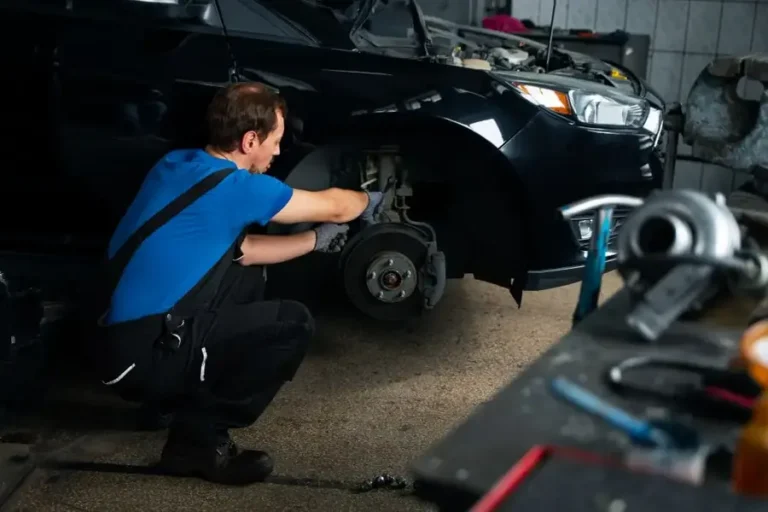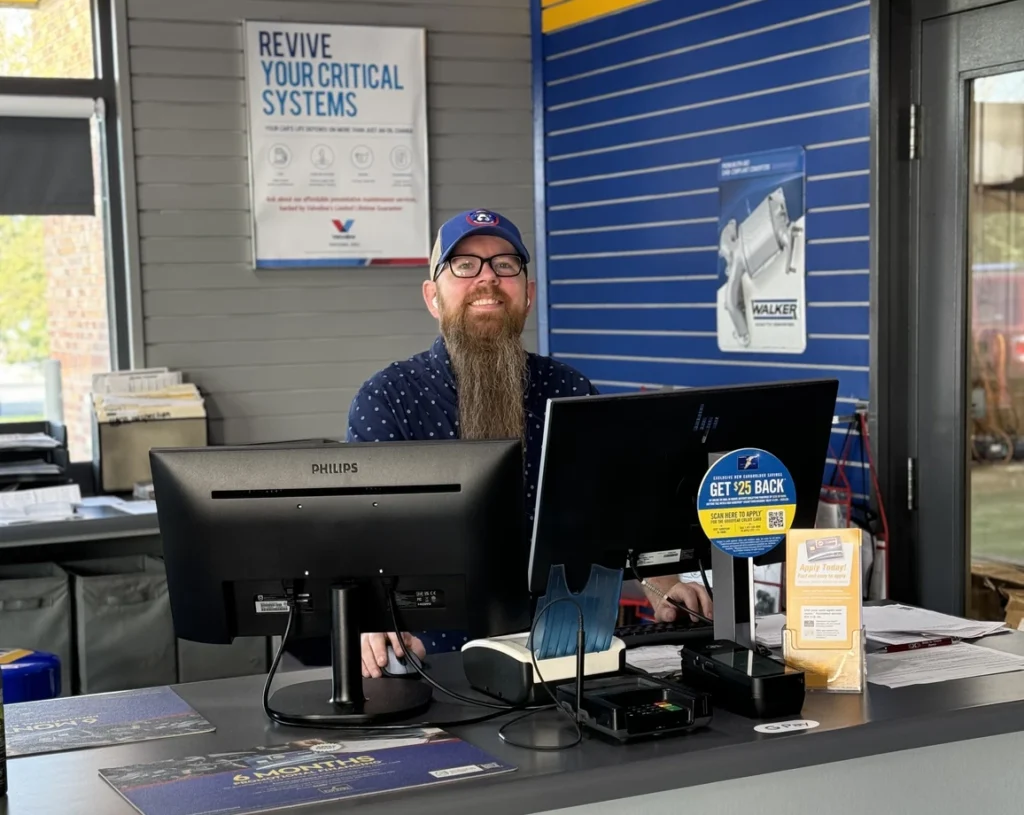
Hey there! I’m Steve, and I’ve been a mechanic for over 15 years. If there’s one thing I’ve learned, it’s this: brake problems are sneaky little troublemakers that can turn a simple fix into a wallet-busting nightmare if you ignore them. Today, I want to share the single most important thing you can do to stop brake issues from costing you thousands — and no, it’s not some fancy part or high-tech gadget. It’s something much simpler, yet way more powerful: regular brake inspections and catching problems early.
Trust me — once you know how to spot trouble early, you’ll save money and keep yourself safe on the road.
I can’t stress this enough — brakes are literally what keep you safe on the road. When they start failing, your car’s ability to stop properly goes out the window. And that’s when things get dangerous fast.
I remember one customer who came in complaining about a strange squealing noise. Turns out, his brake pads were completely worn down — so thin that the metal was scraping against the rotors. Instead of a quick $150 pad replacement, he ended up with $800 in repairs because the rotors had to be replaced too. All because he waited too long.
Brake neglect doesn’t just mean more money out of your pocket. It means a real risk of accidents, or worse.
So what’s the secret? It’s simple: get your brakes checked regularly by a professional — or at least do a basic check yourself.
A proper brake inspection isn’t just looking at the pads. A mechanic will check the thickness of the pads, condition of the rotors, brake fluid levels, and the entire braking system’s health. This early detection is the difference between a cheap fix and a costly repair.
In my shop, we always tell customers: “Treat your brakes like your health — don’t wait for a crisis to get checked.”
Generally, every 10,000 to 15,000 miles is a good rule of thumb for a professional brake check. But if you start noticing any odd noises, vibrations, or changes in brake feel — don’t wait. Get it checked immediately.
Not everyone can swing by a mechanic on a whim, so here’s a quick checklist you can do at home to catch early warning signs:
Here are some red flags to watch for that I see every day in the shop:
One time, a young driver ignored the ABS warning light for months. When she finally came in, it turned out a sensor was faulty — an easy fix — but had she waited longer, the system could have failed completely.
Brake pads are like the first line of defense. When they wear out, the metal backing grinds into the rotor, causing damage that’s far more expensive to fix.
I’ve seen drivers think, “Oh, I can wait another month,” only to return weeks later with a bill three times larger because rotors had to be replaced.
Tip: Replace pads every 30,000 to 70,000 miles depending on your driving habits and vehicle. High-quality pads may cost a bit more upfront but save you money long-term by lasting longer and protecting your rotors.
Sometimes, brake issues aren’t obvious and require a pro’s eye. Here are signs to seek professional help ASAP:
In my experience, trying to DIY these serious issues can backfire and lead to costly mistakes. A professional brake system diagnostic will pinpoint the exact problem and help you avoid surprise repairs later.
Here’s the real kicker — early fixes cost a fraction of what major repairs do. If you’ve ever searched “brake repair near me cost” and found a wide price range, that’s because the cost depends on how early you catch the problem.
| Repair Type | Average Cost (USD) |
|---|---|
| Brake Pad Replacement | $150 – $300 |
| Rotor Resurfacing or Replacement | $300 – $500 |
| Caliper Replacement or Full Brake System Repair | $800 – $1,500+ |
Most people who look up “brake repair near me cost” are shocked at how quickly prices rise when issues are ignored. So if you replace your brake pads early, you avoid rotors and calipers wearing out, saving hundreds or even thousands.
The biggest lesson I’ve learned as a mechanic? Brake problems don’t get better by themselves — they get worse and more expensive. The #1 way to avoid paying thousands on brake repairs is simple:
Be proactive. Check your brakes regularly, listen for warning signs, and don’t ignore the little noises.
If you’re not comfortable checking your brakes yourself, schedule an inspection with a trusted mechanic. The next time you’re wondering about “brake repair near me cost,” remember: a quick inspection today beats a massive bill tomorrow.
Don’t wait for your brakes to fail—book a trusted brake inspection or repair at Kingdom Autocare today and avoid costly damage down the road.
